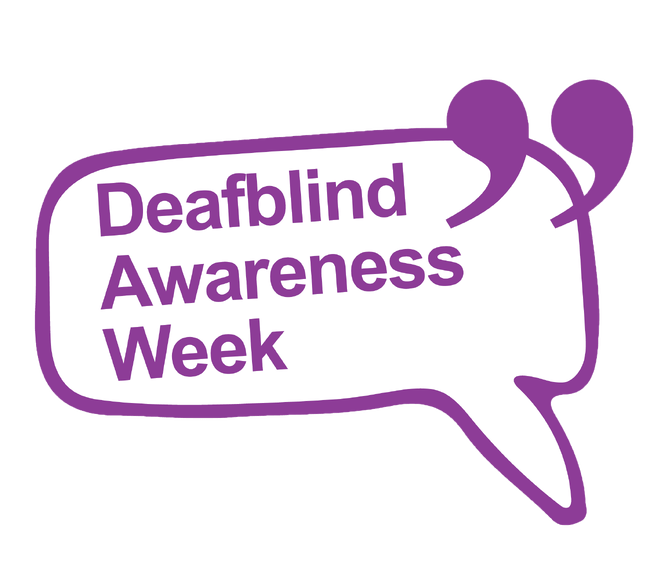Deafblind Awareness Week, running from June 24-30, is an amazing campaign organised by Deafblind UK to raise awareness about the unique challenges faced by individuals with combined sight and hearing impairments.
This year's campaign aims to educate the public on deafblindness, which affects over 450,000 people in the UK, each with varying degrees of sight and hearing loss.
The week-long event will celebrate the achievements of people living with deafblindness, sharing their stories to highlight that they have the same interests, emotions, and ambitions as everyone else.
By using the hashtag #DeafblindAwarenessWeek and participating on social media, the campaign seeks to foster a deeper understanding and acceptance of deafblindness.
How to Get Involved
Getting involved in Deafblind Awareness Week is simple and impactful. Join the conversation on social media by following #DeafblindAwarenessWeek on platforms like X, LinkedIn, Facebook, and Instagram. Download and share the Deafblind Awareness Week email signature, logo, and poster to show your support. Participate in the Q&A sessions with members like Ricky, who will answer questions about living with deafblindness. This is a unique opportunity to learn and engage with the community.
Impact of Disabilities on Mental Health
Disabilities such as deafblindness can significantly increase the potential for mental health distress. The isolation and communication barriers experienced by those with dual sensory loss can lead to feelings of loneliness, anxiety, and depression. Without proper support and understanding from society, these challenges can exacerbate mental health issues.
In the UK, approximately 16 million people had a disability in the 2021/22 financial year, representing 24% of the total population (Commons Library). Individuals with physical disabilities are at a heightened risk of mental health issues. According to the Office for National Statistics (ONS), people with disabilities have a significantly higher likelihood of experiencing anxiety, depression, and loneliness. For example, those with physical disabilities have a 43% likelihood of experiencing anxiety, compared to 27% for their non-disabled counterparts. Additionally, people with disabilities are nearly four times more likely to report feeling lonely, either often or always, than non-disabled individuals, particularly in the 16 to 24-year-old age group.
Creating a supportive environment for individuals with disabilities is crucial for mitigating these mental health challenges. Initiatives like Deafblind Awareness Week play an essential role in educating the public and fostering an inclusive society. By understanding the unique needs of disabled individuals and ensuring they have access to appropriate resources, society can reduce the likelihood of mental health distress and enhance overall well-being.
Raising awareness and providing care for individuals with disabilities like deafblindness is crucial in creating a positive and supportive social environment. By supporting such campaigns, we can help build a community where individuals with disabilities feel valued, understood, and less isolated.
For more information on how Deafblind UK supports people living with deafblindness and their families, and to learn more about how you can make a difference, please visit Deafblind UK's website Here.
Let's create a more inclusive and supportive environment for everyone.
Finding Support for Deafblindness and Physical Disabilities
Living with deafblindness or a physical disability can create significant hurdles to accessing mental health support. The unique combination of sensory impairments and physical challenges often leads to increased feelings of isolation, anxiety, and depression. It's essential to have access to specialised resources and support systems that understand and address these specific needs.
If you or someone you know is affected by deafblindness, there are support options available via Deafblind UK's Emotional Support Services
Your local GP should also be able to advise local or more general options available.


